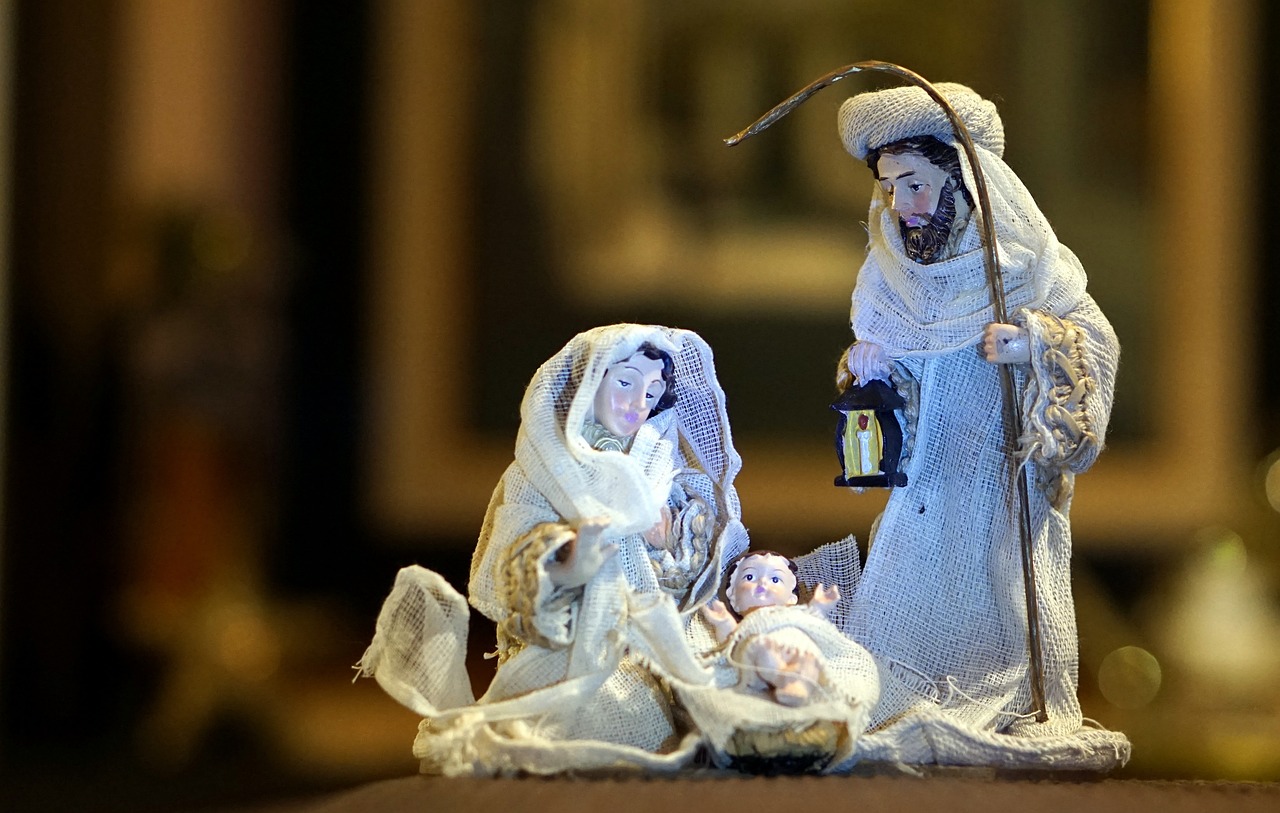Belenos: The Gaulish God of Light
Overview
Belenos, pronounced as BEL-en-ohs, is a notable Gaulish deity associated with brightness and light. His name, which can also be found under variations like Beli, Beli Mawr, and Belinus, suggests a meaning linked to illumination, emphasizing his role in celestial energies.
Cultural Connections
Primarily regarded as the Gaulish god of light, Belenos has connections to the Roman god Apollo through interpretatio Romana. He may have been revered during Beltane, a significant festival on the first of May. Historical texts, including Cormac’s Glossary, imply that Beltane draws its name from Bel. The practice of herding cattle through two bonfires during this period aimed to purify the animals echoes Belenos’ associations with light and illumination.
Further contextual evidence can be drawn from Tochmach Emire, reinforcing the idea that Belenos, like Apollo, possessed a strong link not only to fire and sunlight but potentially to cattle as well. The shining connotation suggested by the root of his name aligns with his attributed qualities.
In addition to warfare and agriculture relations, Belenos might have had prophetic traits. It is proposed that his name is linked to the word belisa, related to henbane, a psychoactive substance, which strengthens a divine connection akin to Apollo’s oracle at Delphi. There’s also speculation about ties to the god Mars Belatucadros, drawing similarities between Belenos and key deities like Apollo and Mars, despite their cultural differences.
Sites of Worship
Belenos was honored at various locations, including the healing wells at Sainte-Sabine in Burgundy, dedicated specifically to him under the name Apollo Belenus. Numerous inscriptions are attributed to him across regions such as Aquileia, Provence, and Nîmes, demonstrating his worship throughout the ancient Roman Empire. He is depicted in various forms, including an aged figure in tunics, highlighting his esteemed position.
Gaulish inscriptions in places like Saint-Chamas and Marseille further testify to Belenos’ significance in ancient religious practices.
Historical References
Belenos is one of the few Celtic gods to persist beyond the Roman era, receiving mentions in early Christian texts. Tertullian referred to the Norici tribe as worshippers of Belenos, indicating his longstanding cultural impact. The Gallo-Roman poet Ausonius also alludes to him, mentioning a priest associated with his temple.
An intriguing historical reference features Belenos during a siege in Aquileia, where it was said that he appeared above the battlefield, promising protection to the city amid conflict—a narrative reminiscent of later religious iconography during tumultuous times.
Medieval Legacy
As legends evolved, Belenos became associated with British royalty in the form of Beli Mawr or Beli the Great. This association complicated historical interpretations, leading to connections with figures such as Brennius, possibly reflecting mythological battles reminiscent of dynamics seen in Celtic legends of rival families.
Geographically, Belenos’ impact is evident in place names like Beligna in Italy, revealing how cultural legacies endure through tradition.
Conclusion
Belenos embodies a rich tapestry of Celtic mythology intertwined with historical accounts and cultural practices, linking the ancient worlds of Europe and the legacies they left for future generations to ponder. His presence in various texts emphasizes not only his reverence in ancient societies but also an enduring legacy in folklore.



